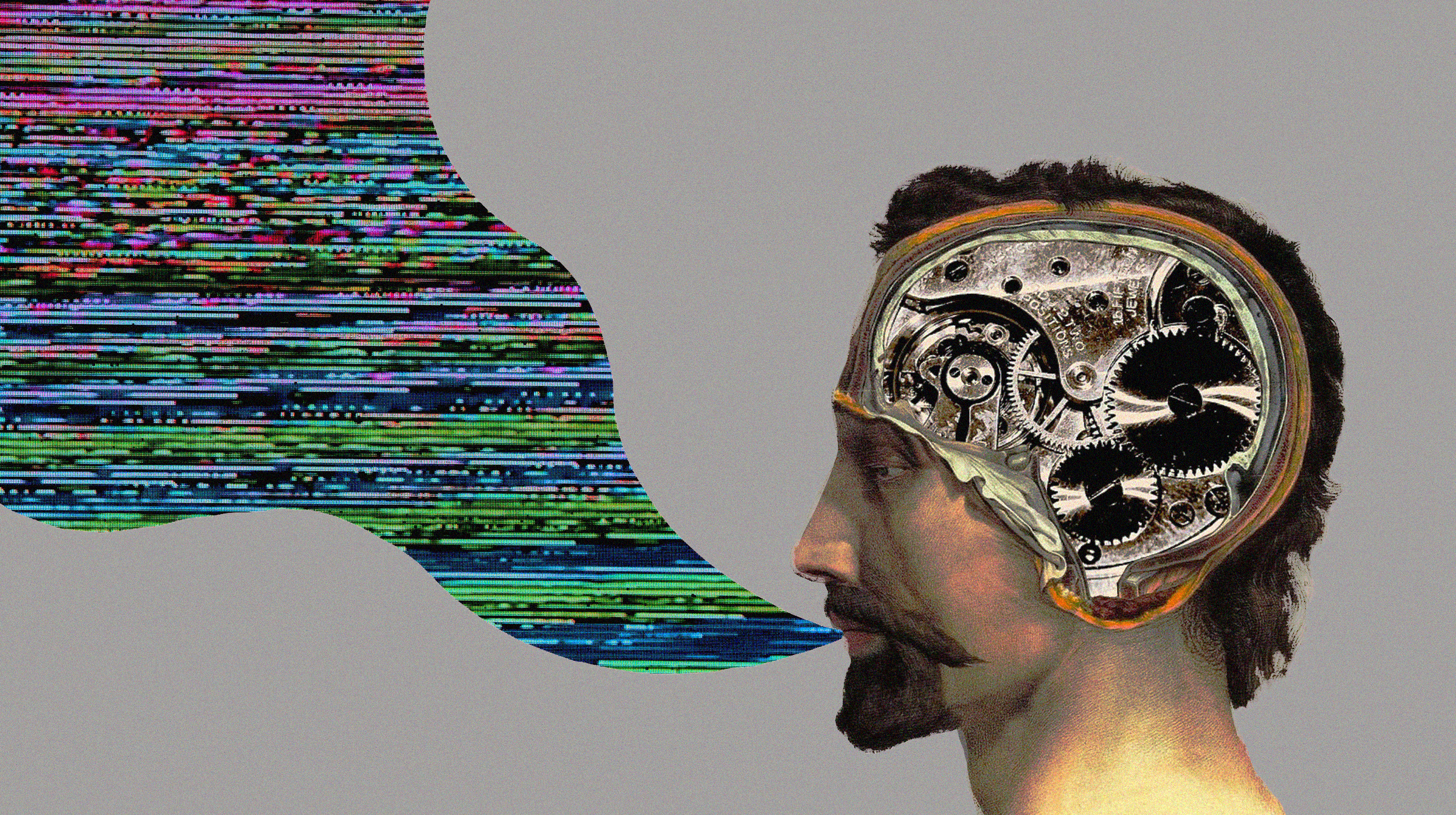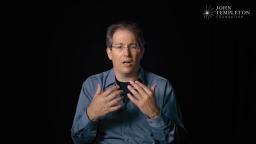Debates about the existence of free will traditionally have been fought by two competing camps: those who believe in free will and those who don’t because they believe the Universe is deterministic.
Determinism is the thesis that every event — from when a volcano erupts to what cereal you buy at the supermarket — is a theoretically predictable result of the long chain of events that came before it. Free will, it is thought, cannot exist in a world where all events are already causally determined.
But free will and determinism aren’t necessarily mutually exclusive. As physicist Sean Carroll told Big Think, the compatibilist conception of free will argues that it makes sense to conceptualize ourselves as able to make free decisions, regardless of whether the Universe is deterministic or indeterministic.
Why? The main argument centers on the phenomenon of emergence.
SEAN CARROLL: It's very often that in the conversations about free will, you find people who believe in free will contrasted with determinists, who just think the laws of physics are gonna tell us what happens in the world. 'Determinism' is a statement about how the laws of physics work. It goes back to Pierre-Simon Laplace explicating the implications of classical mechanics, a la Isaac Newton. He says, "If you knew the position and velocity of everything in the world, the equations of classical physics deterministically predict what will happen next." There's no randomness: you know exactly what's gonna happen in the future.
To me, this is one of the biggest mistakes we could make. Not that you should be determinist or not, but that there is some relationship between determinism versus non-determinism, and free will versus non-free will. Those are two separate questions. 'Libertarian free will' is truly an ability to make choices and do things in the world that cannot even, in principle, in any way, be explained by stuff obeying the laws of physics. Immanuel Kant and other people put it in these terms: They said, "There's no way of thinking of a human being as somehow a collection of physical things obeying the laws of physics." There is something that is inescapably human that cannot be reduced to an understanding of ourselves as just mindless pieces conglomerated together to make something with a mind.
Now I would say, no modern scientist believes in that- to say no is an exaggeration. There's probably some who do, but the overwhelming majority of scientists take seriously the idea that we know what we are physically. We are collections of atoms, molecules, etc.- that, in principle, obey the laws of physics. And where you get into a little bit of tension with the underlying laws of physics is you say, "Okay, I'm describing myself. You know, I have some knowledge, but I also have some preferences. I have some desires, I have some values. I have some feelings, I have some emotions. And you're telling me that I'm also a collection of neurons. And then you're telling me that those neurons are made of atoms and particles and they obey the laws of physics. And once I get to the level of neurons, much less the level of atoms and molecules, there's no feelings there." And so this is where we enter into the idea of 'compatibilist free will.'
Compatibilism says that we can still talk about human beings as agents making choices, while also agreeing that we don't violate the laws of physics. And to say, "Well, how are those two things compatible?" That's a perfectly fair question, and the answer is 'emergence.' The answer is layers of reality. The answer is there are different ways of talking about the world that are compatible with each other, but very, very different. When I open the closet door in the morning and say, "Should I wear the blue shirt or the red shirt?" It doesn't help me to say, "Well, I'm gonna do whatever my atoms want me to do." My atoms have no wants. There is something that I have that is a want, and the fact that I'm made of atoms doesn't make that go away. The compatibilist position is not one that denies determinism or indeterminism-it doesn't care. What it's saying is that you can both be a law-abiding thing in the Universe, a physical system subject to the laws of nature, and it makes sense to talk about you as an agent making choices because you're talking about a different level of description- a higher-level, emerging kind of phenomenon. I think that the best objection to my own view about free will, the compatibilist view, the emergent view, is that it's a little loosey-goosey in some sense, right? I'm saying I can talk about human beings, a level of human beings, or I could talk about atoms and so forth.
Well, where do I draw the line? The non-compatibilist could say, "Well, what if someday I'm able to read your microexpressions on your face and exactly and reliably predict what you will do next? Would you still have free will?" And my answer is: "Maybe not." My answer is: "I can imagine in principle, getting so good at predicting how human beings actually behave on the basis of truly accessible information, that the concept of free will no longer becomes helpful or necessary." That's just an improvement in our scientific understanding. Do I think that actually will ever happen? No, for lots of good reasons. Human beings are incredibly complex. There's chaotic dynamics, there's quantum fluctuations. There's a whole bunch of reasons why we should expect to never give up on the picture of human beings as agents making decisions. A lot of people who are anti-free will the way they phrase it is: "I will believe that there's free will if there's a way that I could have acted differently." And what they have in mind is they are collections of particles or, you know, whatever physical system, that is obeying the laws of physics- and, in fact, they could not have acted differently 'cause the laws of physics are the laws of physics. But the reality is, given the actual information you know about yourself, you could have acted differently because the information you have about yourself is wildly incomplete. It's compatible with all sorts of different microscopic arrangements of what's going on in your brain and your body.
That incomplete information is why we're not perfect reasoners about the future. We have an ability to reason counterfactually: to think not about just what will happen, but of various things that could happen, and then pick the one that we think is a good one. And since we don't know the positions and velocities of every molecule in the Universe, we can't say what would happen just given the laws of physics. What we have to say is, "Given the choices I make, what is the future that I'm going to help bring about?" So like it or not, the world that we really know and live in is one where our choices matter. That's where meaning comes from, from recognizing that in the real world of the knowledge that we have and our computational boundedness, we have some responsibility for bringing about what is going to happen next.







